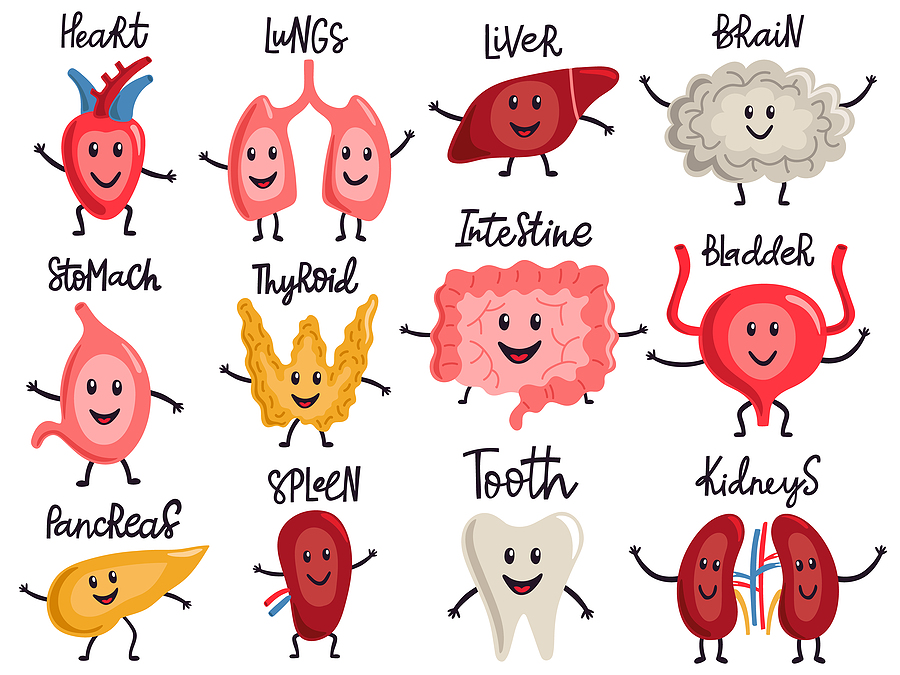Who’d have thought that this butterfly-shaped gland in our neck could affect our heart health? But as it turns out it’s a close connection.
The thyroid controls metabolism, temperature and the function of organs, including the heart.
It can underwork (called hypothyroidism) or overwork (called hyperthyroidism or Graves’ disease).
The hypo- state is the most common and could easily be written off as ‘just getting older’, especially given it’s most common in women over 60.
Typical signs include fatigue, weight gain, sore muscles, stiff joints, increased cholesterol, depression, constipation, dry skin, hair loss, foggy brain, and feeling more sensitive to cold.
Cholesterol increases because the thyroid has a relationship with the liver as well as the heart (actually, there are ‘conversations’ going on between organs and systems all the time — it’s busy in there).
Thyroid hormones help the liver remove excess LDL cholesterol from the body. So if thyroid function is below par, the liver can’t do its job properly and smaller, more dangerous LDL particles can build up.
This can result in damaged arteries and higher blood pressure, but poor thyroid function itself can increase blood pressure too.
Hyperthyroidism, on the other hand, makes the heart beat faster and harder, increasing the risk of stroke, atrial fibrillation and heart failure.
Both under and over function can result in a swollen thyroid, or goitre.
To resolve these kinds of imbalances we first have to work out why they’re happening.
A major cause of hypothyroidism is an autoimmune condition called Hashimoto’s disease. Familial thyroid issues or having another autoimmune disorder (such as celiac disease, rheumatoid arthritis or type 1 diabetes) can predispose us to Hashimoto’s.
Other risk factors include radiation to the neck or upper chest, thyroid surgery, treatment with radioactive iodine, and as scientific data is increasingly showing, exposure to chemicals such as herbicides, pesticides and other pollutants.
Hyperthyroidism can be caused by nodules on the thyroid or inflammation.
But sometimes our thyroid becomes sluggish as a result of lifestyle issues such as blood sugar imbalance, high cortisol levels (from prolonged stress), and mineral deficiencies (e.g. iodine, selenium or zinc). Low vitamin D is also associated with thyroid imbalance, though it’s not clear what causes what.
So if we’re diagnosed with, say, high cholesterol or blood pressure, there could be a bigger picture behind it — one we could make a difference to ourselves.
For instance, we could pay attention to what we eat and drink by: eating a varied and nutritious diet to limit the risk of deficiencies, ensuring vitamin D levels are healthy (at the very least this helps manage inflammation), being mindful of pesticides and other chemicals, stabilising blood sugar by eliminating refined foods and artificial ingredients, and minimising alcohol.
We could also make an effort to reduce stress and be more active. Physical activity helps to both lower stress and stabilise blood sugar.
These mightn’t be the whole answer, but they’ll go a long way towards it.
Photo source: Bigstock

